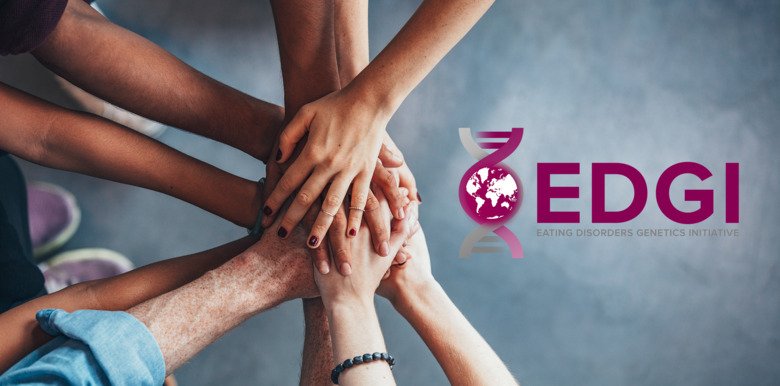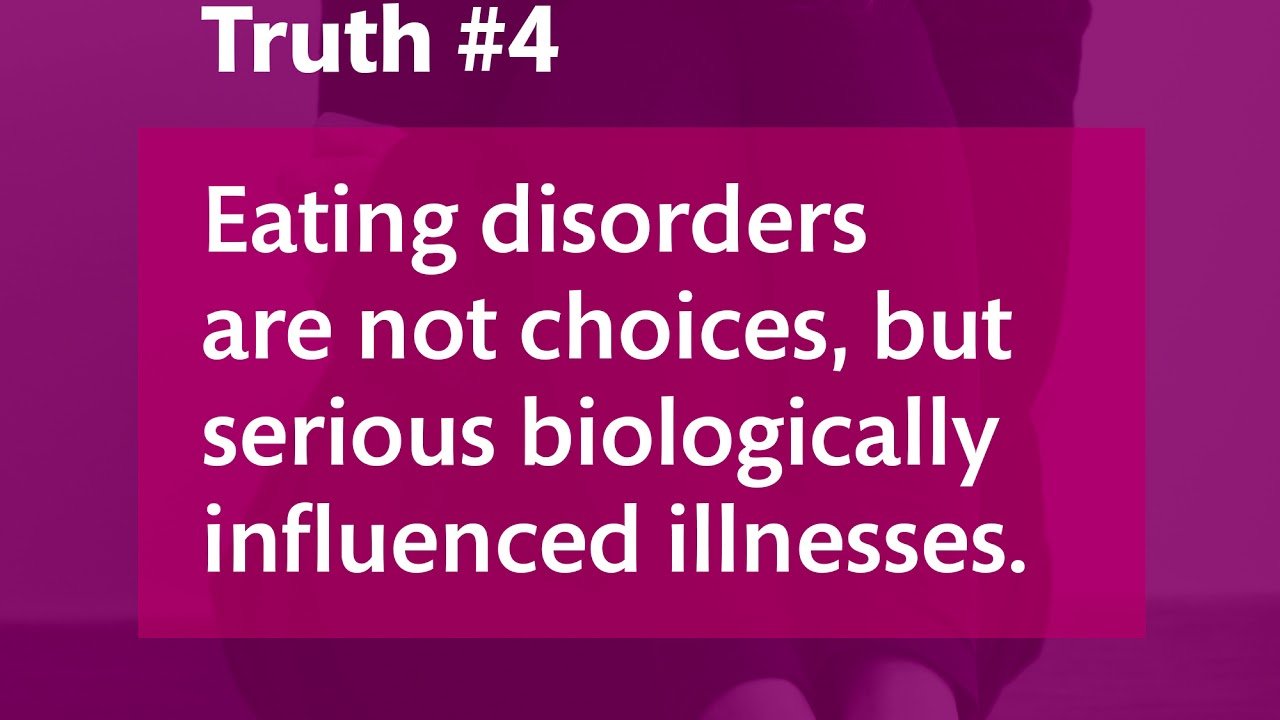Mapping the genes behind eating disorders
In order to better understand the genetics behind eating disorders, Swedish researchers are now launching a major international study that will gather hundreds of thousands of saliva samples and questionnaire responses . The study is led by Professor Cynthia Bulik, a psychologist and principal investigator at both Karolinska Institutet and University of North Carolina, USA.

Text: Anna Svensson, first published in Swedish in the magazine Medicinsk Vetenskap no 1/2021
There is a perception that eating disorders are caused by external circumstances, such as beauty ideals and social media. What does the research show?
“That’s a misconception. There’s no doubt that environmental factors matter, but we are all exposed to those environmental factors and far from everyone develops an eating disorder. Genetics helps us understand why certain people are more vulnerable to the pressure to be thin, maintain a negative energy balance, or lose weight. Blaming environment for everything, disadvantages individuals with these diseases as well as their family members, and it’s hindered the development of this field for decades. This isn’t about genes or the environment – it’s genes and the environment, and both must be taken into account when discussing both causes and cures.”
Now you’re launching a global study called the Eating Disorders Genetics Initiative (EDGI). Tell us more.
“Our previous studies, many of which were conducted in Sweden, have shown a strong genetic component for the development of anorexia nervosa. EDGI is a global attempt to collect hundreds of thousands of samples, in order to investigate genetic links to all types of eating disorders.”
“Participants fill out a series of questionnaires about their experiences with eating disorders, depression, anxiety, physical activity and other life events and factors. At the same time, their saliva is collected into a biobank. Once we’ve collected thousands of samples, we’ll extract DNA from the saliva and determine the gene set. We’ll then link the questionnaire answers to the genotypes, to answer questions about where on the human genome the genes that cause eating disorders are located, and how they can increase the risk of developing an eating disorder.”
What do you hope to achieve?
“Currently there are no medications that treat anorexia nervosa and very few for bulimia nervosa or binge eating. Our hope is to find ways to develop more medications or treatments.”
How will the study help people affected by eating disorders?
“Knowing that there is a genetic cause behind the disease reduces feelings of guilt and increases understanding about why recovery is so difficult. We don’t expect people with asthma or diabetes to learn how to breathe or produce their own insulin. Those who tell people with anorexia that they should ‘just eat’ or people with bulimia that they ‘shouldn’t eat so much’ don’t understand the strong biological mechanism that makes doing that just as hard as it is for asthmatics to ‘just breathe’. An individual with an eating disorder must of course actively choose to want to get better as part of the recovery process, but they need our support and understanding to be able to make the difficult decisions every day.”

Interested in participating?
The Eating Disorders Genetic Initiative (EDGI) is the world's largest study of how genetic and environmental factors affect the risk of eating disorders. In addition to Sweden, Australia, the US, the UK and New Zeeland are included, and more countries are entering. The goal is to globally recruit 100,000 participants with eating disorders.
- Are you 16 years or older?
- Do you suffer from or have you previously had anorexia nervosa, bulimia nervosa, binge eating or other eating disorders?
- Or do you want to contribute by participating as a healthy control?
Then you are warmly welcome to join the EDGI!
Learn more and register for the Swedish EDGI study (in Swedish only)
Please note that the Swedish part of the study is conducted in Swedish only. If you are interested in participating, but are unsure where to register, you are most welcome to contact the Swedish EDGI office on edgi@meb.ki.se.
View a video

9 truths about eating disorders
The nine truths about eating disorders were developed in 2014 by KI Professor Cynthia Bulik and are supported by researchers from around the world.
